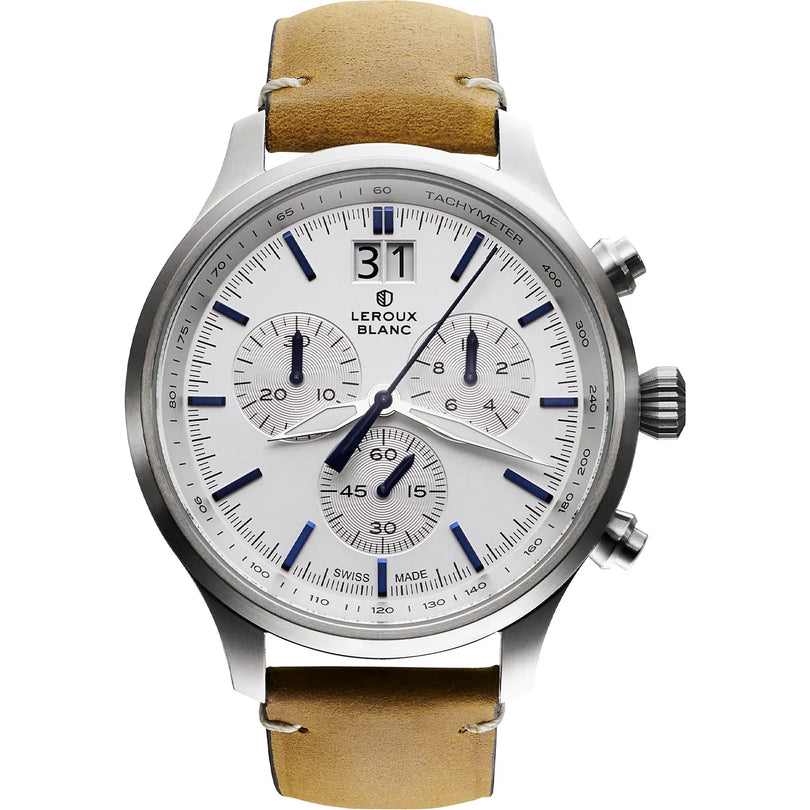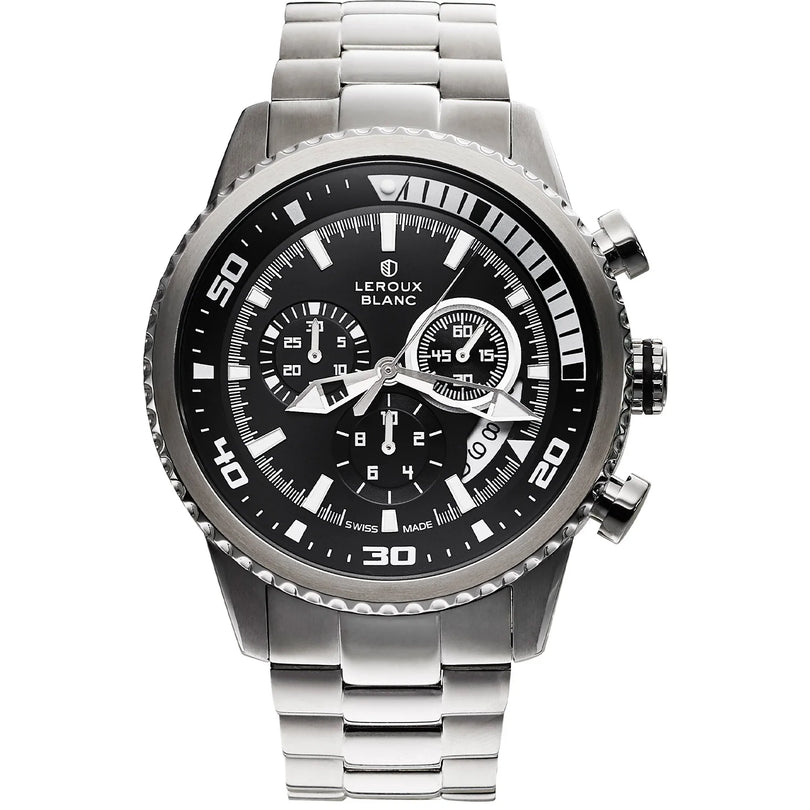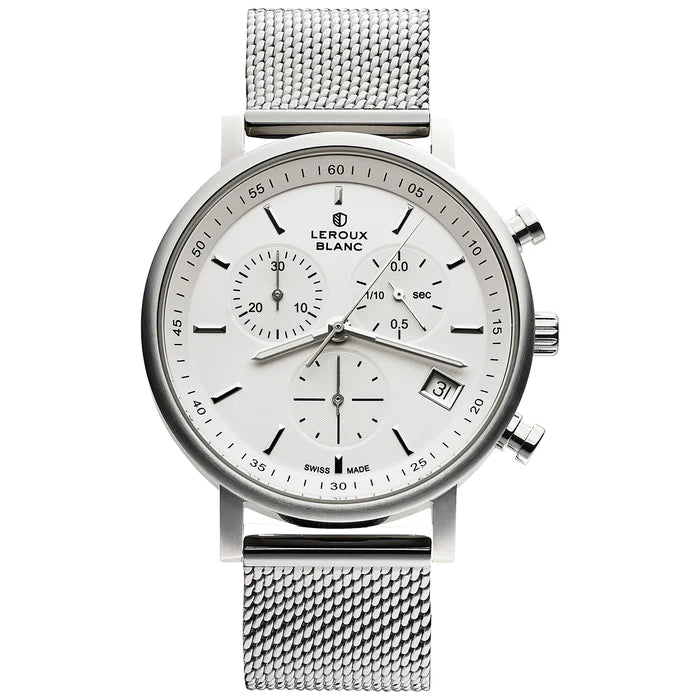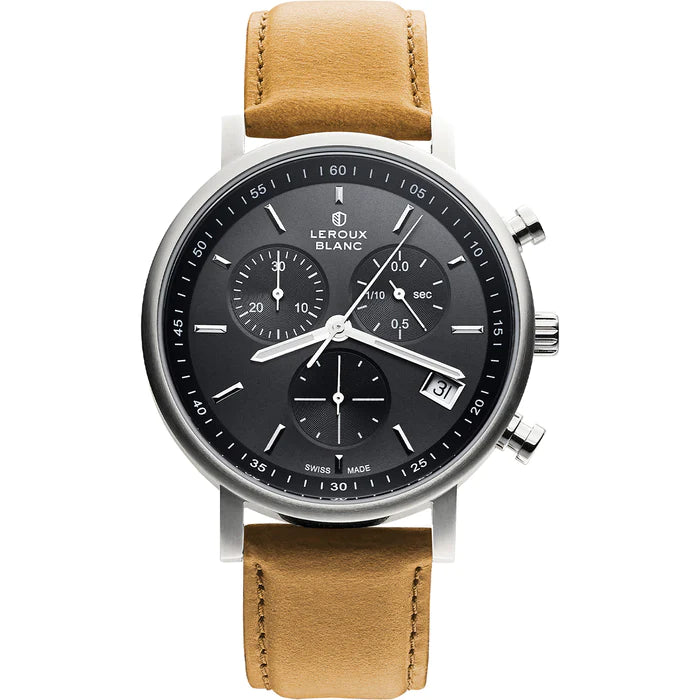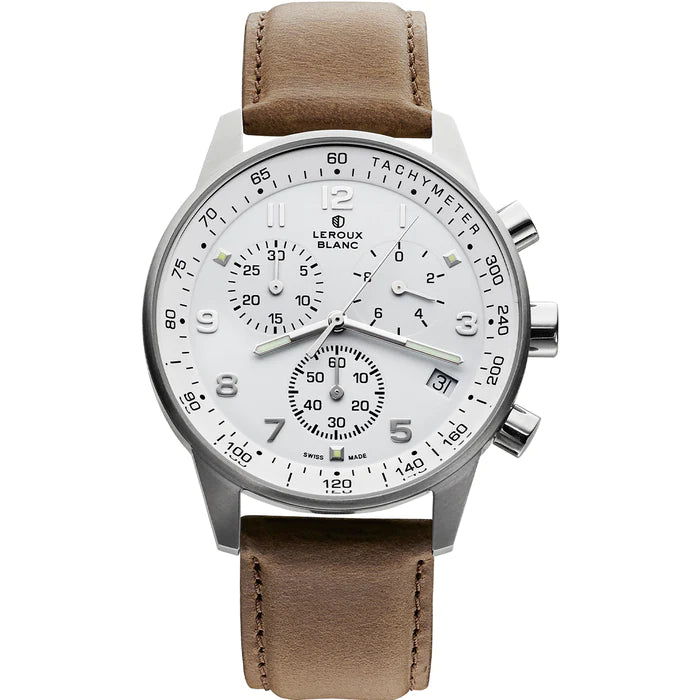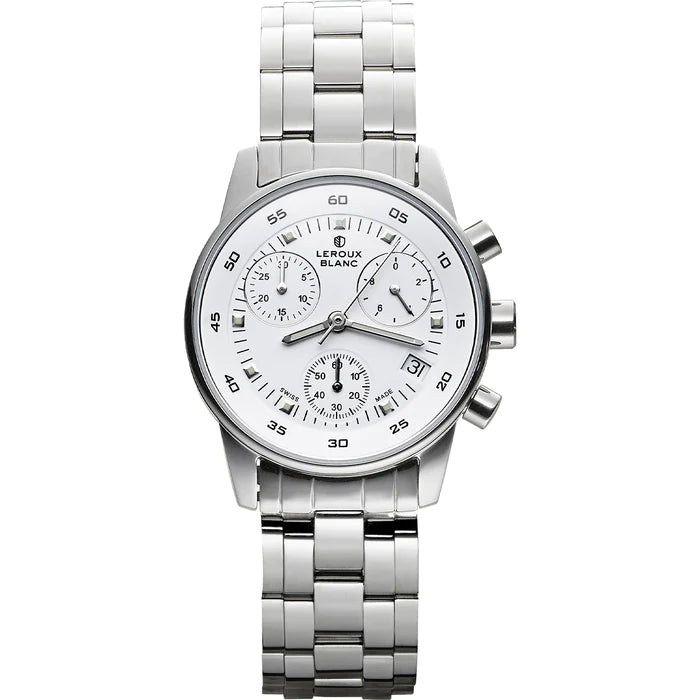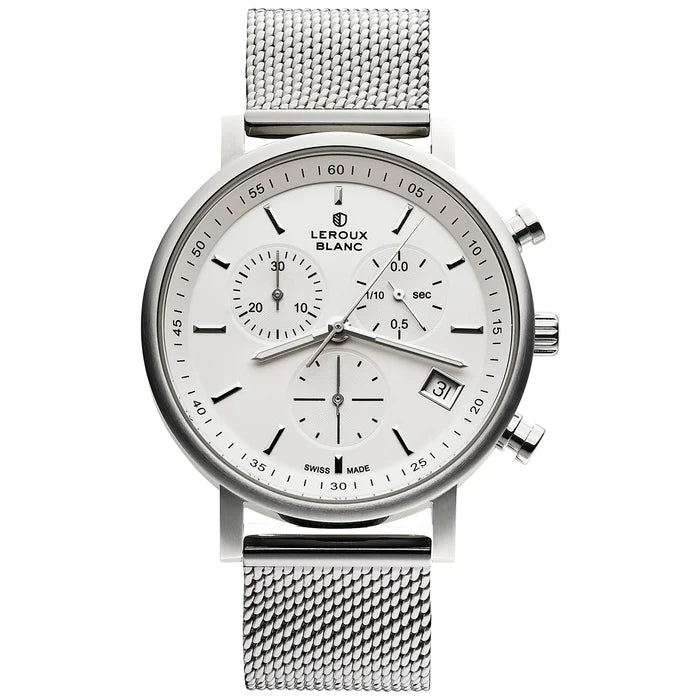For a Watch to tick properly, one thing must certainly not be missing: attention to detail. The craft of a watchmaker therefore requires a great deal of intuition, as well as an interest in precision mechanics. The following article provides an overview of what is taught during an apprenticeship as a watchmaker and what the career opportunities are in this profession.
Important prerequisites for successful training
Craftsmanship is one of the basic requirements for successfully pursuing a career as a watchmaker. So if you like to tinker and don't break a sweat when changing a light bulb, you already have good chances in the watchmaker's career field.
Mathematical knowledge is also a good basis for learning this profession. After all, modern watchmaking involves many innovative technologies, the mastery of which is a prerequisite for a professional watchmaker.
Furthermore, patience is a crucial condition to complete the training as a watchmaker in the best possible way. After all, without perseverance and consistency in working, even the watch movement cannot perform reliable work.
Tasks and activities in the training
Even though apprenticeships for watchmakers are rare, many jewelry and watch manufacturers offer the opportunity to learn this traditional trade on their premises. It takes three years for apprentices to demonstrate their skills as watchmakers in a workshop or manufactory.
During these three years, apprentices learn all the steps involved in making, repairing, maintaining and servicing watches and other timekeeping instruments. This applies to both small and large clocks, quartz clocks and pendulum clocks as well as highly complex chronographs. But refurbishing watch cases and other accessories is also part of the training.
At the company's branch, apprentices also learn to work in the watch service department and provide customers with professional advice.
Theoretical knowledge is imparted by vocational schools, whose lessons are usually organized in blocks. This also includes the basics of business administration.
What career opportunities do watchmakers have?
Technical progress is also developing rapidly in the watchmaking trade. It is therefore important for trained watchmakers to attend regular training courses to familiarize themselves with the latest technological developments and materials. Manufacturers offer special product training courses in which participants learn to carry out repairs according to precise specifications. With the appropriate certification, watchmakers have better chances on the job market.
Further education: Master's degree and studies in precision engineering
A further possibility to follow up on the training is the further training to become a technician. Here, the focus is on precision engineering and medical technology. Technicians are particularly in demand to design prototypes and develop new products.
As in other skilled trades, watchmakers can also acquire a master craftsman's title. As a master craftsman, it is possible to become self-employed or to manage a branch store of a large manufacturer.
For a further step on the career ladder, it makes sense to take a course of study in "precision engineering". The study of this specialization concludes with a bachelor's degree. This means that nothing stands in the way of a managerial position in a large company.

